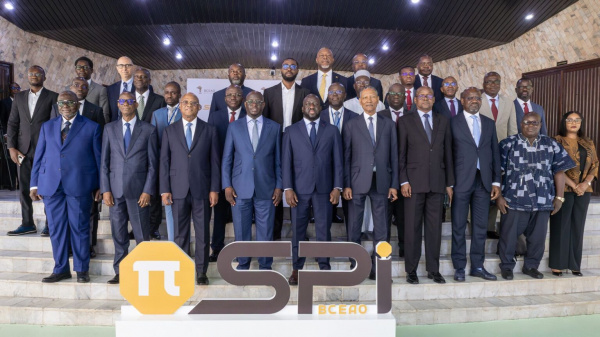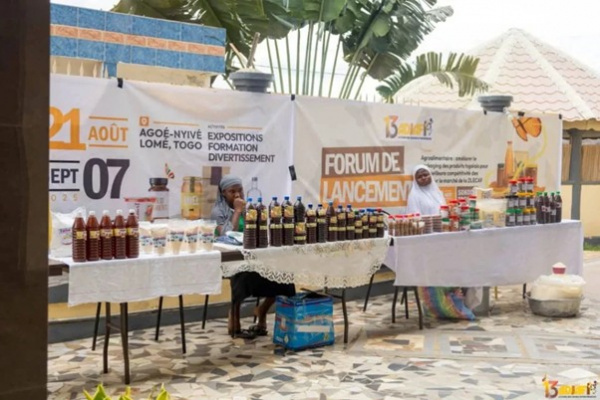A prominent South African legislator accused the communications minister on Monday of attempting to undermine the nation’s local ownership laws to attract foreign companies, including Elon Musk’s Starlink.
Last year, Communications Minister Solly Malatsi announced plans to issue a policy directive aimed at recognizing equity equivalent programs in his sector, with the goal of enhancing broadband access and attracting multinational corporations that struggle to meet local equity ownership standards.
According to the Electronic Communications Act, at least 30% of equity in any prospective licensee operating in South Africa’s telecommunications, broadcasting, or postal sectors must be held by historically disadvantaged groups.
SpaceX, the parent company of Starlink, communicated with the telecommunications regulator ICASA, stating that local shareholding regulations posed a significant obstacle and urged a reconsideration of the 30% ownership requirement for licensees by introducing equity equivalent programs as an alternative.
Khusela Sangoni Diko, Chairperson of the Portfolio Committee on Communications and Digital Technologies, expressed in a statement that the minister’s actions could undermine “hard-won transformation goals” by attempting to circumvent the Act.
Diko remarked, “It seems these proposed directives and regulations are an effort to stealthily weaken empowerment legislation, and if this is confirmed, they will face strong opposition.”
She cited the collaboration between mobile operator MTN and American low-earth orbit satellite provider Lynk, which successfully conducted Africa’s first satellite voice call using a smartphone, as an example of successful partnerships formed under existing local laws.
See more: National Assembly: Results of the 2025 Inaugural Extraordinary Session.
“These initiatives highlight the necessity of accelerating South Africa’s satellite program and demonstrate that there is no need to overly depend on a single satellite provider,” Diko stated. “Numerous other satellite providers have expressed a strong interest in entering the South African market while adhering to our regulations.”









